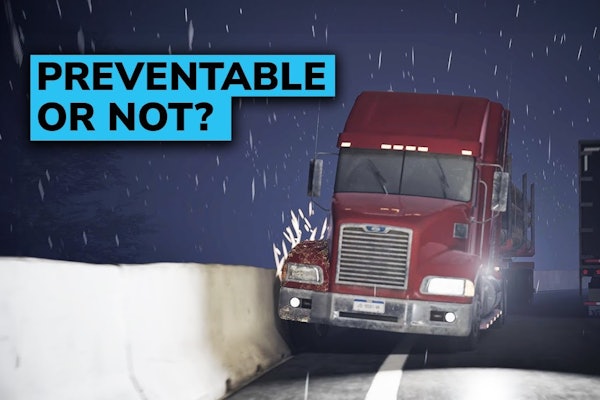The great day finally arrived at our house: After a summer of anticipation, our tax-rebate check showed up in the mailbox the Friday before Labor Day. The joy of our little windfall was muted somewhat the next day when, in yet another demonstration of governmental efficiency, a letter from the IRS arrived. At first I thought it was a notice of an audit or some other unpleasant encounter. Instead it was simply a note that, while busily patting the government on the back for giving us back “our” money, informed us we would be receiving our rebate check sometime the following week. “What a waste of taxpayers’ money!” my wife exclaimed as she read the obviously late letter. I agreed; on the other hand, it got the important part right: We received the check. I wasn’t going to quibble over the timing of its arrival.
Like the millions of other Americans that received a tax rebate, we now have to decide how to put it to the best use. That money has gone or will go for a number of things, or at least the government hopes it is used to buy things. Whether taxpayers spend their rebate checks on back-to-school clothes for the kids, a new refrigerator, or lumber for a patio deck, the key is spending the rebate. It’s hoped those millions of rebate checks will keep consumers consuming and help steer the economy away from a recession.
Indeed how those checks – ranging up to $300 for single taxpayers and $600 for married couples – are ultimately disposed of is of great interest to a number of people as recent economic news has been anything but cheery. Nervous markets were further ruffled in September when unemployment figures came in higher than anticipated. The Dow Jones dropped below 9,600 and other major indexes also reported losses. Then there was the news that the federal government’s budget surplus had suddenly disappeared, putting pressure on Congress over spending bills it was to address when legislators returned to work last month.
Since consumer spending makes up as much two-thirds of the nation’s GDP, many market watchers and government analysts hope the rebates find their way back into the economy rather than into savings or retirement accounts.
I know our more frugal readers will disagree, and usually we would advocate saving, but this time we have to come down on the side of those advocating spending the rebate. The economy needs a boost and frankly, trucking needs the freight. Virtually all of the goods taxpayers will be buying with their rebate money travel on a truck at some point. The more rebate money consumers circulate in the marketplace, the more freight that will move across the highways.
At least, that’s what is supposed to happen. Economists, like meteorologists, practice a very inexact science. Essentially, the theory at work here is a very old and simple one. It’s the theory that says money is a lot like fertilizer. It doesn’t do much good unless you spread it around. But if you spread the right amount around, your yard will grow greener and fuller. By spreading those rebate checks around, the economy should also “green” up.
As for our rebate, my better half wants to put it in the bank for use on next year’s tax bill. Most would agree that would be the conservative and frugal thing to do. But the way I look at it, it’s almost our duty to spend it. Even Federal Reserve Board Chairman Alan Greenspan is counting on the rebate checks to stimulate the economy. Who am I to second-guess Mr. Greenspan? After all, if we hadn’t gotten that money back the government would have spent it. At least this way, we know we’re spending “our” money on things we want.





